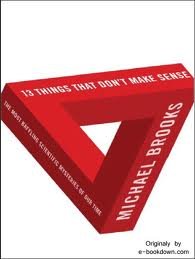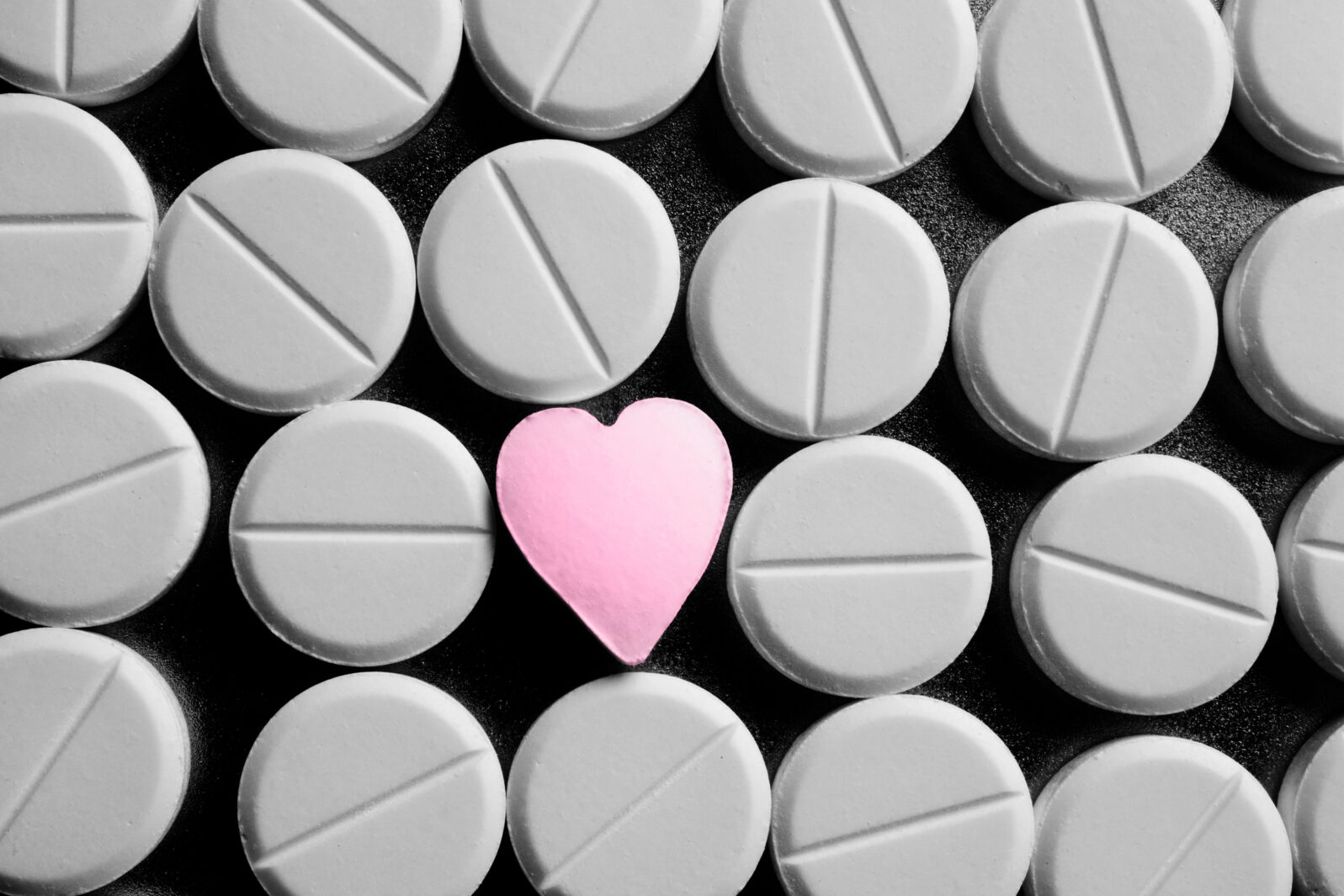Everyday Evidence of the Mind’s Reality: the Placebo Effect
The placebo effect — you get better because you think you will — may be getting stronger, as researchers manipulate it more effectivelyHave you ever had this experience? You go to a doctor to get a letter excusing you from work or school because you are laid up with a cold or flu — and then you started to feel better while just sitting there? That’s the placebo effect. You shouldn’t feel better; after all, you are asking for a doctor’s note. Yet … if you have had any experience with this sort of thing, you also know that this evening, when you are alone and in isolation, those symptoms may well be back, maybe worse.
That surge of wellness in the doctor’s office is the placebo effect, one of 13 things that don’t make sense, according to popular science writer Michael Brooks. It didn’t “make sense” when he wrote that in 2005. It still doesn’t make sense — if you have a materialist worldview.

(Profile 2008).
The effect is easy to explain in principle: Your mind generates messages to begin the analgesic or healing processes when you accept that you have started on a path to recovery. It is one of the best attested phenomena in medicine. Health care staff take care to adopt practices that promote the placebo effect of patient confidence in the treatment — not to manipulate or fool anyone, but rather because the effect is in itself a powerful healer.
Of course, for eliminative materialists, who believe that the human mind is an evolved illusion, one of the best attested phenomena in medicine doesn’t and can’t make sense because it shows that the mind is an active participant in what is happening.
Every so often the placebo effect makes the news anyway. For one thing, it may be growing stronger:
Placebos have occupied an increasingly awkward spot in the medical landscape over the last few decades. Even as placebo-controlled trials have become accepted as the gold standard for evidence, we’ve grown to appreciate just how powerful the placebo effect can be. Confusing matters further, a new study has expanded on a previous finding: The placebo effect for antidepressant treatments appears to be growing stronger over time.
Earlier work had shown this was happening with placebo pills. The new study shows that it’s happening with a treatment called transcranial magnetic stimulation. Fortunately, effective treatments appear to be getting better in parallel, so this hasn’t obviously interfered with any results yet.
John Timmer, “In depression treatment trials, placebo effect is growing stronger,” Ars Technica (September 26, 2023) The paper is open access.
Timmer suggests that one factor in the heightened placebo effect over time is that researchers are learning to manipulate it more effectively. Meanwhile, those who seek to show that it doesn’t really exist would, he says, need 7500 new studies to do so.
Remember, if the mind is merely what the brain does and has no independent power, the placebo effect should not exist at all. And yet it is both attested and useful…
Despite the differences in methodology, double-blind and open-label studies show that the placebo effect is a real and powerful phenomenon.
In medicine, some healthcare providers may prescribe a placebo when a person has symptoms in which emotions play a role, such as chronic fatigue, pain, or depression. This way, the person is satisfied with having access to treatment without the risk of potential adverse effects of a drug they don’t necessarily need.
Lindsay Curtis, “The Placebo Effect in Action: Research and Everyday Life,” VeryWellHealth, November 17, 2023
Whether the placebo effect makes sense depends, fundamentally, on your worldview. If you are a materialist, those 7500 studies are worth doing (provided they work out) to shore up your worldview. Otherwise, consider the cost of that view. When Harvard Medical School’s Herbert Benson (1935–2022) started looking into the placebo effect in the 1960s, he had difficulty even persuading his colleagues that mental stress was a factor in high blood pressure. He risked his career by encouraging patients to meditate, a practice taken for granted today.
Meanwhile, he found that doctors told early researchers into the placebo effect that their colleagues were three times more likely to employ that effect than they themselves were.* In short, they did not wish to admit how extensively they were using it themselves. That’s how pervasive materialism was. The placebo effect would merely be nuisance noise to be explained away in such an environment.
But like so many things materialist thinking was supposed to explain away, the placebo effect is still here and still powerful. If anything, more so.
*See Herbert Benson and Marg Stark, Timeless Medicine: The Power and Biology of Belief (New York, Scribner, 1996), 99–100.
You may also wish to read: Placebo: The power of the human mind confounds medical research. Angelman syndrome, which creates a variety of developmental problems, has proven a challenge for researchers on that account. Diseases or disorders that affect the relationship between the brain and the body are especially likely to respond to the patient’s beliefs about treatment.
